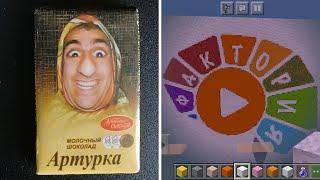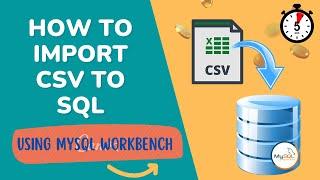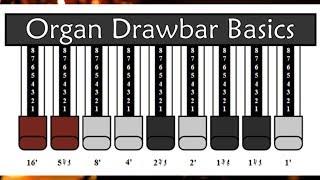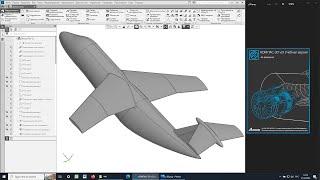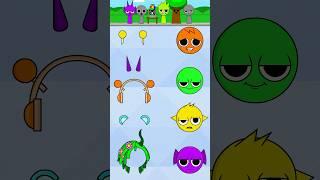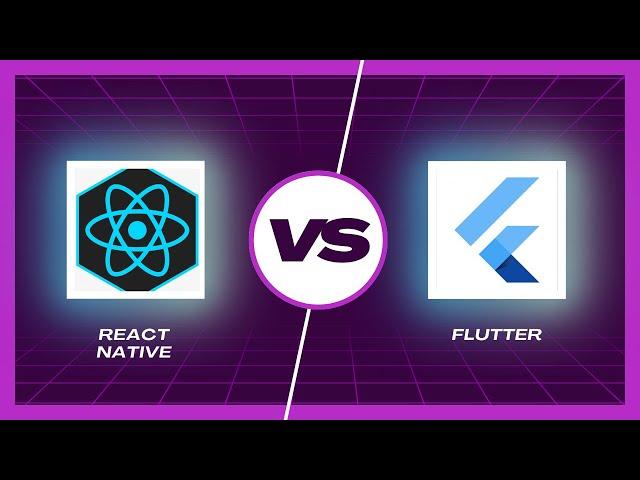
React Native Vs Flutter which one is best for developers?
React Native Vs Flutter which one is best for developers?: In this comprehensive comparison video, we dive deep into the world of mobile app development with React Native vs. Flutter. As a developer, choosing the right framework can make a huge difference in your productivity and project success. Join us as we explore the key features, performance, development experience, user interface, community support, and more for both React Native and Flutter. By the end of this analysis, you'll have a clear understanding of which one might be the best fit for your development needs. Don't miss out on this informative video and make sure to subscribe for more tech-related content! react native tutorial, flutter tutorial.
Overview of React Native:
React Native, developed by Facebook, has been a go-to choice for building cross-platform mobile apps for several years.
It allows developers to write code in JavaScript, leveraging the same React principles as React.js for web development.
React Native uses native components, offering an experience closely resembling that of a native app, leading to excellent user experiences.
Additionally, its extensive library of third-party packages, known as "React Native modules," enables developers to access a vast array of pre-built functionalities.
Overview of Flutter:
Google's brainchild, Flutter, is relatively newer but has gained immense popularity due to its unique approach.
Flutter utilizes the Dart programming language and employs a different rendering engine to create visually-rich, high-performance applications.
Unlike React Native, Flutter employs a "single codebase" approach, meaning developers can build apps for both Android and iOS using the same codebase, streamlining the development process.
Development Experience:
Both React Native and Flutter offer efficient development experiences, but there are some key differences to consider.
React Native's familiarity with JavaScript makes it an attractive option for web developers transitioning to mobile app development.
On the other hand, Flutter's "hot reload" feature allows for real-time code updates, providing a faster development cycle and more responsive debugging.
User Interface:
When it comes to user interface design, Flutter takes a unique approach.
It employs a custom rendering engine, which allows it to build visually appealing, consistent user interfaces across different platforms.
On the contrary, React Native relies on native components, which can sometimes lead to slight inconsistencies between the UI on iOS and Android.
Performance:
Performance is a critical factor in mobile app development.
React Native apps rely on a bridge to communicate between JavaScript and native components, which can introduce slight performance overhead.
Flutter, however, has the advantage of using a compiled language (Dart), which enables direct communication with the underlying platform, resulting in smoother animations and faster app performance.
Community and Ecosystem:
The strength of a framework's community and ecosystem can significantly impact a developer's experience.
React Native, being older, has a larger community, extensive documentation, and a plethora of third-party libraries.
Meanwhile, Flutter's community has been rapidly growing, and Google's strong backing ensures continuous support and improvement.
However, the availability of third-party packages might still be more limited compared to React Native.
Popularity and Job Market:
Considering the job market is essential for developers seeking long-term career opportunities.
React Native's earlier adoption has resulted in a larger demand for developers with React Native skills.
Nevertheless, Flutter's popularity is on the rise, and companies are increasingly seeking Flutter developers due to its impressive capabilities and unique features.
Stability and Updates:
Stability is a crucial aspect, as developers need a reliable framework for their projects.
React Native's maturity offers stability and consistent updates, but it can be subject to potential breaking changes during updates.
Flutter's commitment to backward compatibility and frequent updates has resulted in a stable environment for developers.
00:15 - Overview of React native
00:53 - Overview of Flutter
01:23 - Development Experience comparison
01:49 - User Interface comparison
02:13 - Performance comparison
03:09 - Popularity and Job market comparison
03:33 - Stability and updates comparison
03:57 - Conclusion
#flutter #reactnative #mobiledevelopment #fluttervsreactnative #reactnativevsflutter
Overview of React Native:
React Native, developed by Facebook, has been a go-to choice for building cross-platform mobile apps for several years.
It allows developers to write code in JavaScript, leveraging the same React principles as React.js for web development.
React Native uses native components, offering an experience closely resembling that of a native app, leading to excellent user experiences.
Additionally, its extensive library of third-party packages, known as "React Native modules," enables developers to access a vast array of pre-built functionalities.
Overview of Flutter:
Google's brainchild, Flutter, is relatively newer but has gained immense popularity due to its unique approach.
Flutter utilizes the Dart programming language and employs a different rendering engine to create visually-rich, high-performance applications.
Unlike React Native, Flutter employs a "single codebase" approach, meaning developers can build apps for both Android and iOS using the same codebase, streamlining the development process.
Development Experience:
Both React Native and Flutter offer efficient development experiences, but there are some key differences to consider.
React Native's familiarity with JavaScript makes it an attractive option for web developers transitioning to mobile app development.
On the other hand, Flutter's "hot reload" feature allows for real-time code updates, providing a faster development cycle and more responsive debugging.
User Interface:
When it comes to user interface design, Flutter takes a unique approach.
It employs a custom rendering engine, which allows it to build visually appealing, consistent user interfaces across different platforms.
On the contrary, React Native relies on native components, which can sometimes lead to slight inconsistencies between the UI on iOS and Android.
Performance:
Performance is a critical factor in mobile app development.
React Native apps rely on a bridge to communicate between JavaScript and native components, which can introduce slight performance overhead.
Flutter, however, has the advantage of using a compiled language (Dart), which enables direct communication with the underlying platform, resulting in smoother animations and faster app performance.
Community and Ecosystem:
The strength of a framework's community and ecosystem can significantly impact a developer's experience.
React Native, being older, has a larger community, extensive documentation, and a plethora of third-party libraries.
Meanwhile, Flutter's community has been rapidly growing, and Google's strong backing ensures continuous support and improvement.
However, the availability of third-party packages might still be more limited compared to React Native.
Popularity and Job Market:
Considering the job market is essential for developers seeking long-term career opportunities.
React Native's earlier adoption has resulted in a larger demand for developers with React Native skills.
Nevertheless, Flutter's popularity is on the rise, and companies are increasingly seeking Flutter developers due to its impressive capabilities and unique features.
Stability and Updates:
Stability is a crucial aspect, as developers need a reliable framework for their projects.
React Native's maturity offers stability and consistent updates, but it can be subject to potential breaking changes during updates.
Flutter's commitment to backward compatibility and frequent updates has resulted in a stable environment for developers.
00:15 - Overview of React native
00:53 - Overview of Flutter
01:23 - Development Experience comparison
01:49 - User Interface comparison
02:13 - Performance comparison
03:09 - Popularity and Job market comparison
03:33 - Stability and updates comparison
03:57 - Conclusion
#flutter #reactnative #mobiledevelopment #fluttervsreactnative #reactnativevsflutter
Тэги:
#React_Native_Vs_Flutter_which_one_is_best_for_developers? #react_native #flutter #flutter_vs_react_native #React_Native_vs_Flutter #Mobile_App_Development #React_Native #Flutter #Mobile_App_Frameworks #Mobile_App_Development_Tools #App_Development_Comparison #React_Native_Modules #react_native_tutorial #flutter_tutorial #flutter_tutorial_for_beginners #react_native_tutorial_for_beginners #what_is_react_native #what_is_flutter #IT_insights #flutter_and_react_native_comparisonКомментарии:
КВН Парапапарам 2013 Юрмала
Наталья Юхвидова
Organ / Keyboard Drawbar Basics
Keyboard Skills Pro
Моделирование поверхности самолета в Компас-3D
Александр Стремнев


